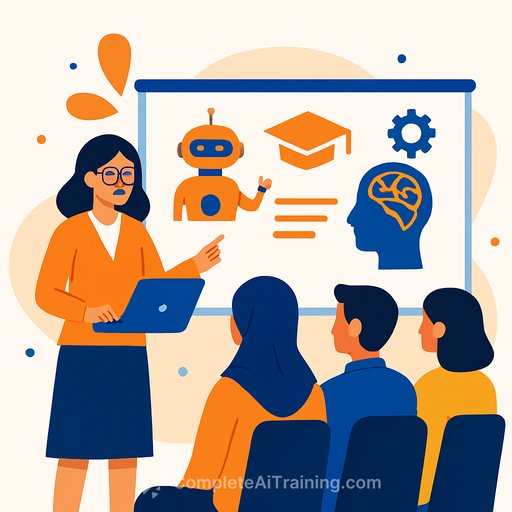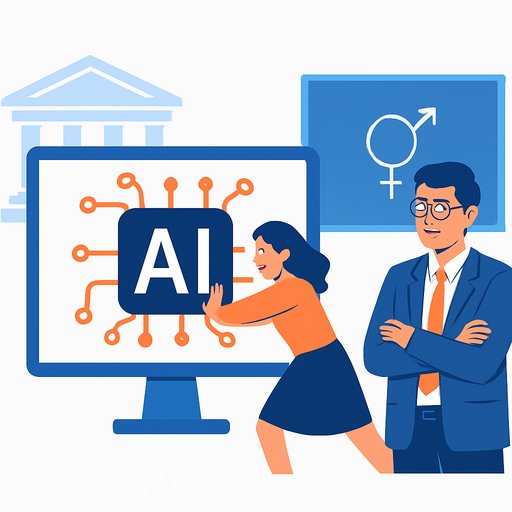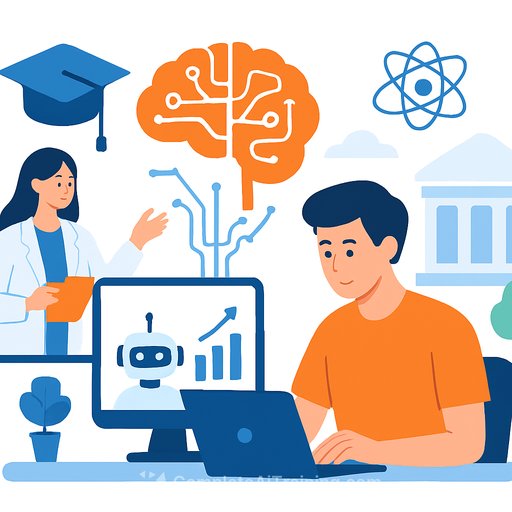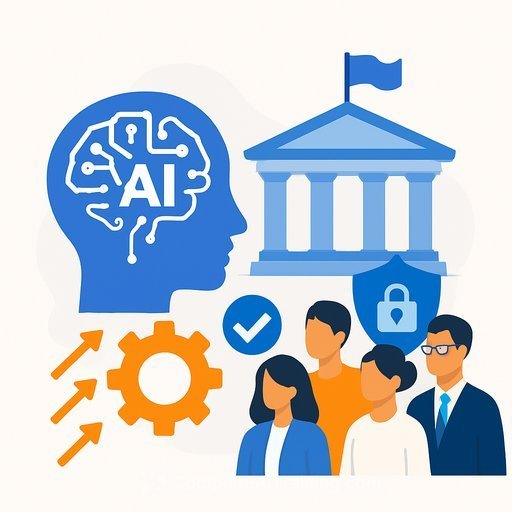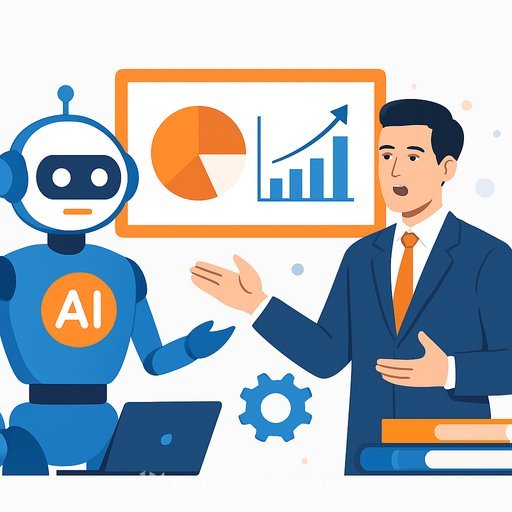IPI Garut Urges Teachers to Build Deep Learning and Edubot Skills
Garut Regency - IPI Garut hosted a seminar on the Implementation of Deep Learning for AI-Based School Learning (Edubot) at the Rectorate Hall, Jalan Pembangunan Pahlawan, Tarogong Kidul, on Thursday, September 25, 2025.
Ajang Rusmana, Head of the Junior High School Curriculum Section at the Garut Regency Education Office, welcomed the initiative. He noted the session met a clear need among teachers and principals and aligned with program priorities at the Department of Education and the Ministry.
"The results of today's activities will be their provisions, which can be implemented and shared to improve the quality of education in Garut Regency," he said.
Deputy Chancellor I of IPI Garut, Galih Abdul Fatah Maulani, underscored the relevance to current classroom demands. He highlighted how deep learning can support adaptive learning systems, personalized materials, and student development analysis-capabilities well suited to AI-supported instruction.
Galih emphasized digital collaboration and readiness of human resources to use technology well. He hopes the seminar spurs practical strategies, new ideas, and research networks that help produce an adaptive, creative, and competitive generation.
Seminar organizer Indra Budiman said the program responded to the fast shift in technology and the ministry's deep learning concept. "With AI, the concept of e-learning can become more personal, more interactive, and more adaptive to classroom learning," he added.
Interest was high-registrations exceeded the quota, which was capped at 300 participants. Speakers came from inside and outside Indonesia to broaden perspectives and share hands-on applications.
Why this matters for educators and HR leaders
Deep learning and AI edubots can reduce routine workload, surface student insights faster, and adapt learning pathways to each student. To realize that value, schools need clear policies, upskilling plans, and the right implementation sequence.
- Start with one or two use cases: formative assessment feedback, quiz generation, or reading-level adaptation.
- Select tools that align with curriculum goals and support Bahasa Indonesia and local contexts.
- Define data privacy, consent, and security rules before pilots. Limit exposure of student data.
- Offer short, recurring training for teachers: prompt writing, reviewing AI outputs, and classroom workflows.
- Build a small cross-functional team (curriculum, IT, guidance counseling) to oversee pilots.
- Set metrics: student engagement, time saved, and learning outcomes by subject and grade.
- Audit bias and accuracy. Require human review for feedback and grades.
- Ensure accessibility features for students with diverse needs.
- Negotiate vendor SLAs, uptime, and content filters suitable for schools.
- Create a community of practice so teachers can share templates, prompts, and results.
Suggested first steps
- Next 30 days: Map 2-3 classes for pilots, choose tools, set data and safety guidelines, and schedule workshops.
- Next 60 days: Run pilots, collect baseline and mid-point metrics, and refine prompts and lesson flows.
- Next 90 days: Review results, standardize successful practices, train additional teachers, and plan phased rollout.
Learn more
For context on model capabilities, see an overview of deep learning concepts at Wikipedia. For policy guidance on AI in education, explore UNESCO.
If you're building a training path for teachers or staff, explore role-based AI upskilling options at Complete AI Training.
Your membership also unlocks:

